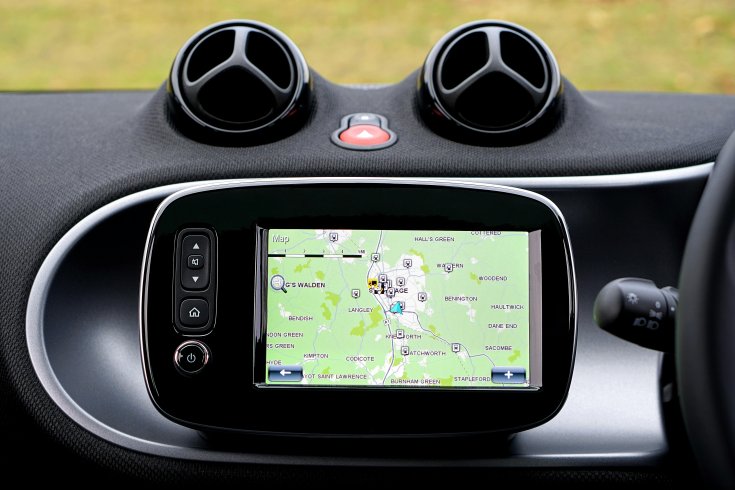In today's fast-paced world, GPS tracking technology has become an essential tool for individuals and businesses alike.
Whether you're a private vehicle owner looking to enhance security or a business managing a fleet, GPS solutions provide real-time monitoring and improved efficiency. This article explores how a GPS tracker and advanced GPS solutions can help safeguard vehicles, optimize fleet management, and protect valuable assets.
The Role of GPS Trackers in Vehicle Security
Vehicle theft is a significant concern for many individuals and businesses. A GPS tracker offers a proactive solution by enabling real-time tracking and location updates. When installed in a car, a GPS tracker continuously transmits location data, allowing the owner to monitor its movements remotely. In case of theft, authorities can quickly retrieve the stolen vehicle by pinpointing its exact location.

Some modern GPS trackers also come with geo-fencing features, allowing users to set virtual boundaries. If the vehicle moves outside a predefined area, the owner receives an instant alert. This feature is particularly useful for preventing unauthorized use and ensuring vehicle security at all times.
Efficient Fleet Management with GPS Solutions
Businesses that manage vehicle fleets can significantly benefit from GPS tracking technology. Whether you own a logistics company, a delivery service, or a rental business, GPS solutions can help streamline operations and reduce costs.
1. Real-Time Monitoring and Route Optimization
GPS solutions provide fleet managers with real-time location tracking, allowing them to monitor routes and vehicle movements efficiently. By analyzing this data, managers can identify bottlenecks, suggest alternate routes, and ensure timely deliveries. This not only improves customer satisfaction but also reduces fuel costs and enhances operational efficiency.

2. Driver Behavior Monitoring
One of the major challenges in fleet management is ensuring safe driving practices. A GPS tracker with advanced telematics can monitor driver behavior, including speed, braking patterns, and idle times. Managers can use this information to encourage safe driving, reduce accidents, and minimize maintenance costs. Driver behavior monitoring helps businesses maintain a high standard of driving safety and efficiency across their fleet.
3. Fuel and Maintenance Management
Fuel expenses are a significant cost factor for fleet operators. GPS tracking solutions can help reduce unnecessary fuel consumption by monitoring idling times and optimizing routes. Additionally, these systems can track vehicle maintenance schedules, ensuring timely servicing and preventing unexpected breakdowns.
Protecting Valuable Assets with GPS Tracking
Apart from vehicles, GPS trackers can be used to secure valuable assets, such as construction equipment, trailers, and expensive machinery. Asset tracking solutions ensure that businesses can monitor their equipment in real-time, preventing theft and unauthorized usage. Some GPS systems even offer tamper alerts, notifying owners if an asset is being moved without authorization.

Choosing the Right GPS Solution
With a wide variety of GPS trackers available, choosing the right solution depends on specific needs. Here are some factors to consider:
- Real-Time Tracking: Ensure the GPS tracker provides live location updates.
- Battery Life: Some devices require frequent charging, while others offer extended battery life.
- Geofencing Capabilities: Look for a device that allows setting virtual boundaries.
- Mobile and Web Accessibility: Choose a system that allows easy monitoring through a smartphone app or web portal.
- Cost and Subscription Fees: Some GPS solutions require monthly subscriptions; select one that fits your budget.


